Putting Patients at the Centre
Putting Patients at the Centre
Patient engagement is at the heart of Can-SOLVE CKD. Our patient-first policy shapes how we approach our vision, mission, values, goals, and operations.
Patient engagement in Can-SOLVE CKD means active collaboration between patient partners, researchers, and policy makers in all components and projects within the network. We strive to create a culture change in kidney research based on the guiding principles of the SPOR Patient Engagement Framework: inclusiveness, support, mutual respect, and co-building.
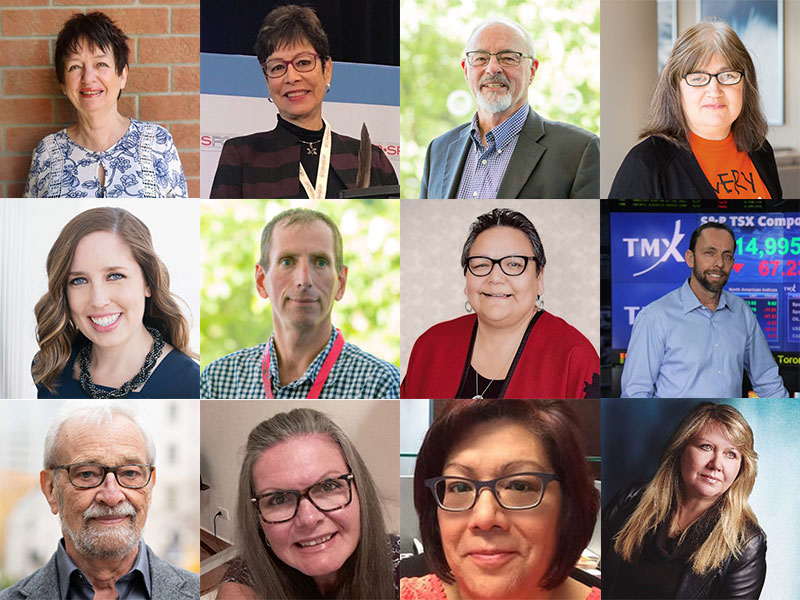
“If you take the opportunity that you’re handed by being part of this group, it can lead you to a much greater place.”
– Ken Litchfield, Patient Partner
What we’ve done
Governance
Every committee and working group within the Can-SOLVE CKD has at least two patient partners. Using their lived experience of kidney disease, patients guide the decision-making of all components within the Can-SOLVE CKD Network.
Vision & Values
Patient engagement matters are listed as top priority on any meeting agenda, and patient partners are always asked for their input before others during all meetings.
Research Projects
Individual patient engagement plans have been developed by the 18 research project teams to specify patient partners’ involvement. These patient engagement plans span from “consult” to “collaborate” on the spectrum of engagement as defined by the International Association for Public Participation (IAP2).
Leadership
We strive to create a broad range of roles and opportunities for patient partners based on their interests, experiences, and skills. We have witnessed remarkable growth in the abilities and confidence of patient partners, several of whom have taken on leadership roles throughout the network and in their communities.
What’s new
Over the past year, the network saw the ongoing evolution and maturation of its patient engagement activities, including the addition of patient partners to a number of new roles that enhanced their visibility and participation nationally and internationally.
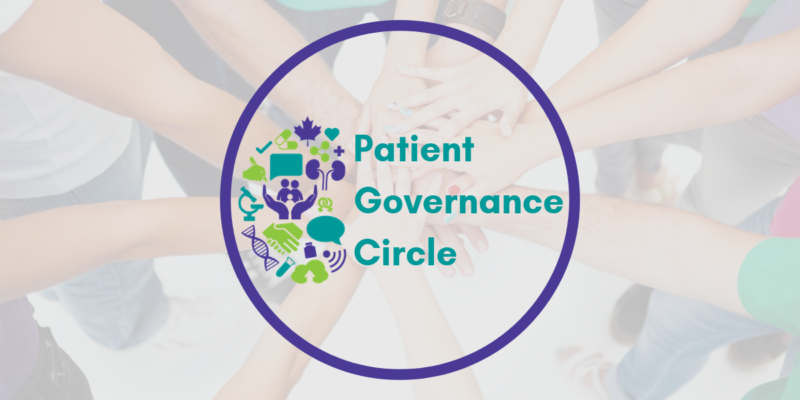
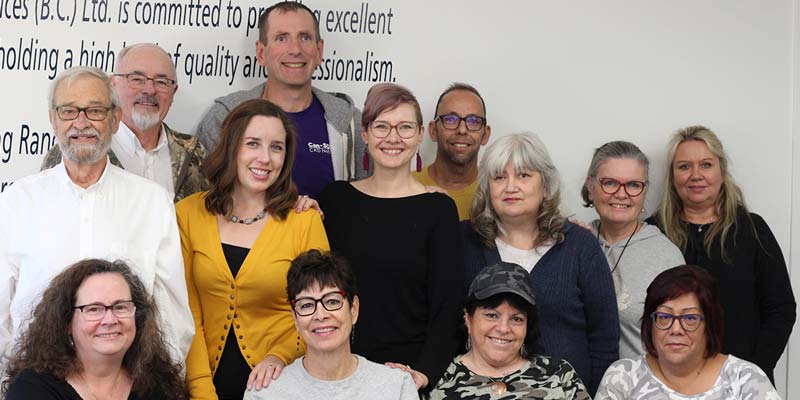
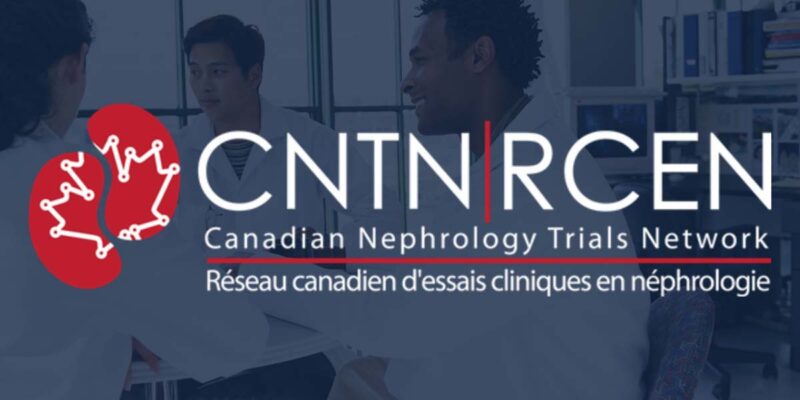
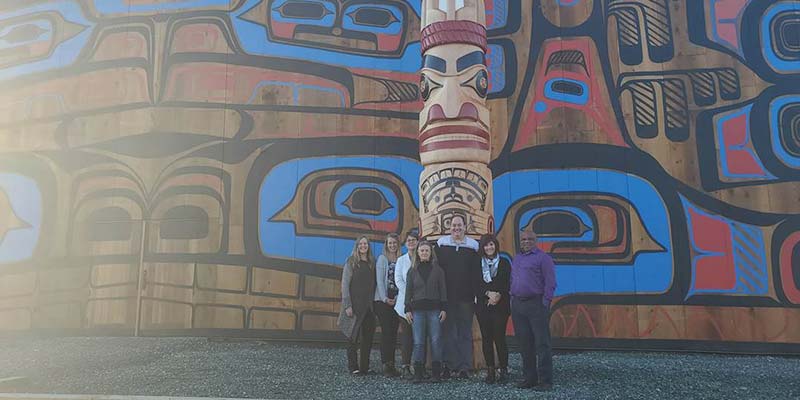
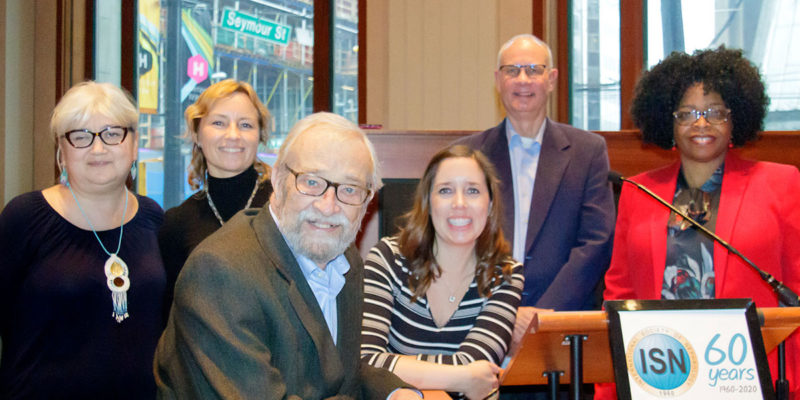
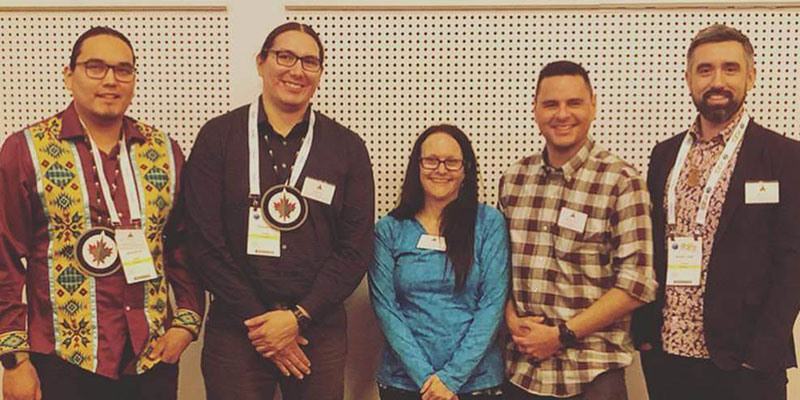
Building Connections
Building Connections
Can-SOLVE CKD sits at the intersection of many facets of the Canadian kidney health landscape: patient engagement, research, clinical care, and policy.
We have a unique opportunity to catalyze new connections and partnerships that will benefit patient partners and the entire Canadian nephrology community. Can-SOLVE CKD has seized this opportunity to develop new tools and structures designed to bridge gaps, build connections, and enable greater involvement of patient partners in the kidney research. These platforms will increase patients’ involvement in all aspects of the research process by linking them to new studies and educational resources. They will also support researchers to ask and answer the questions that are most important to patients.
Ultimately, we aim to make kidney research in Canada more accessible and effective for everyone, improving the health of Canadians with chronic kidney disease.
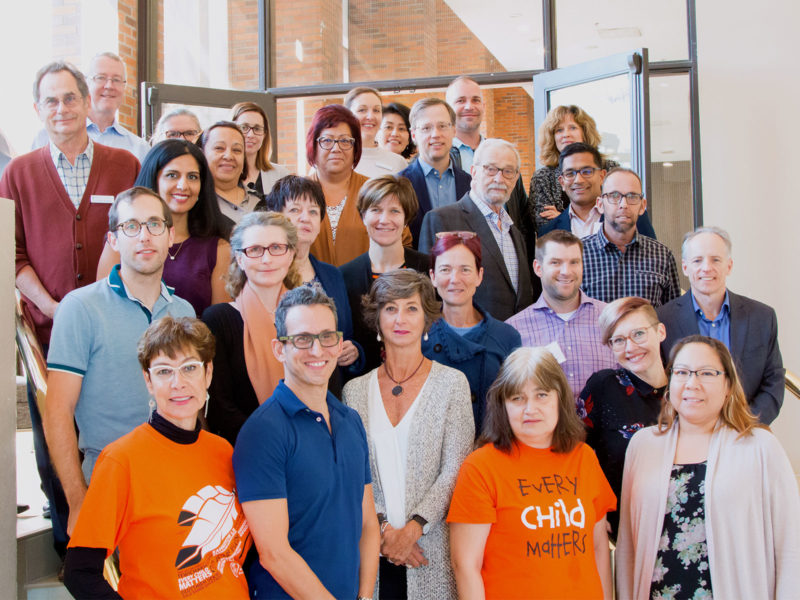
What we’ve done
Canadian Nephrology Trials Network
Can-SOLVE CKD has championed the launch of the re-imagined Canadian Nephrology Trials Network (CNTN) to increase the number of kidney-focused randomized controlled trials in Canada.
A 2018 workshop coordinated by Can-SOLVE CKD resulted in a refreshed vision, governance structure, and set of priorities placing increased emphasis on patient partners. Over the past year, that vision and committee structure has been actualized to affirm the CNTN’s role as a valuable asset to Canadian nephrology researchers.
RECORD
RECORD is an online registry of people undergoing treatment for kidney disease in Canada who may be interested in participating in research. RECORD will help match patients with kidney disease to studies they may be able to participate in. RECORD will also help researchers identify important areas of research.
KidneyLink
Can-SOLVE CKD has designed and developed KidneyLink, an online platform to learn about and get involved in research that responds to the needs and perspectives of patients. From a user-friendly website, users may create an account, select topics of greatest interest, and receive up-to-date listings of kidney research opportunities across Canada.
KidneyLink keeps patients informed about new opportunities to get involved and provides access to curated educational resources focused on nephrology research in Canada. KidneyLink will increase patients’ ability to participate in kidney research and will help researchers recruit greater numbers of interested patients for their studies.
What’s new
Over the past year, Can-SOLVE CKD has successfully launched two new platforms, KidneyLink and RECORD, while also furthering the development of the Canadian Nephrology Trials Network (CNTN). These infrastructures will enhance the volume and quality of kidney research across Canada.
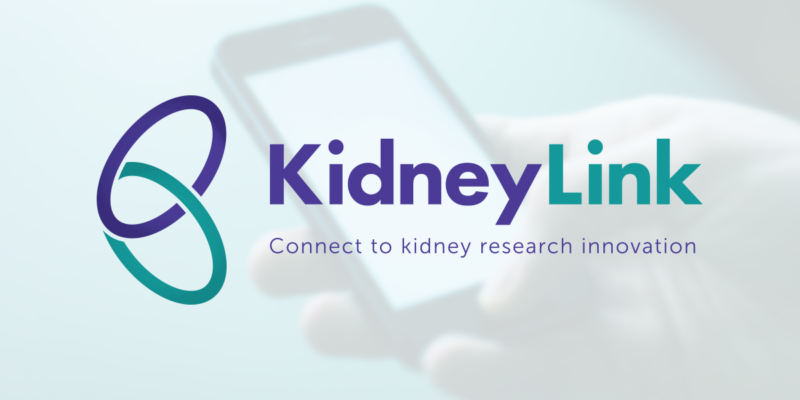
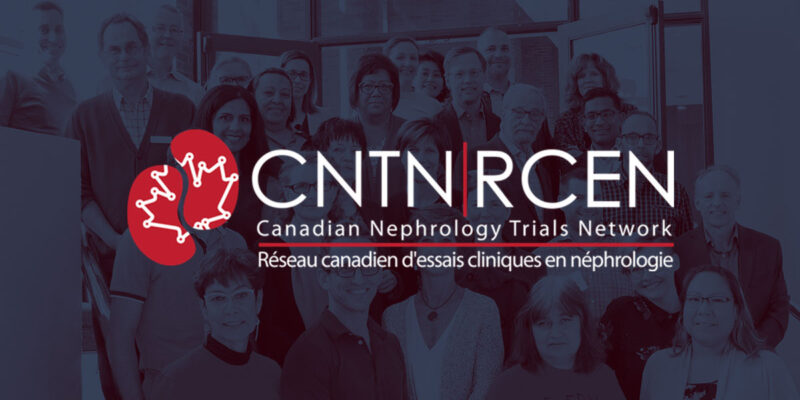

Advancing Knowledge
Advancing Knowledge
Through our 18 research projects, we are creating new knowledge about kidney health and disease shaped by patient perspectives.
Our research program is based around three themes identified in collaboration with patients, health care providers, and policy-makers.
Together, our research projects will close existing gaps in kidney disease knowledge and care to deliver better health.
Research themes
“We bring something valuable to the table: we bring our interests and most importantly our lived experience.” – Marian Reich, Patient Partner
What we’ve done
Patient-oriented research in action
We have established a robust national research program based around what matters most to patient partners. Using the James Lind Alliance priority-setting method, we led a national consultation with patients, their families, and care providers to identify the top ten research priorities of people with kidney disease–in both early and advanced stages.
Understanding these priorities helped inform the design of 18 research projects based around three main themes: identifying kidney disease earlier; defining the best treatments to improve quality of life; delivering innovative patient-centred care.
Robust oversight
The Research Operations Committee (ROC) conducts an annual review of the 18 projects to assess alignment with the objectives of Can-SOLVE CKD and to provide guidance for successful implementation. Aspects that are reviewed include design and methodology, feasibility of implementation plan, risk mitigation strategies, relevance of outputs to Can-SOLVE CKD outcomes, and patient engagement.
What’s new
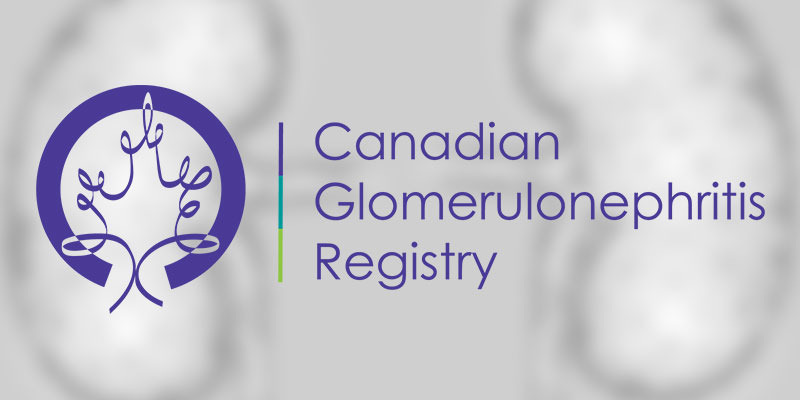

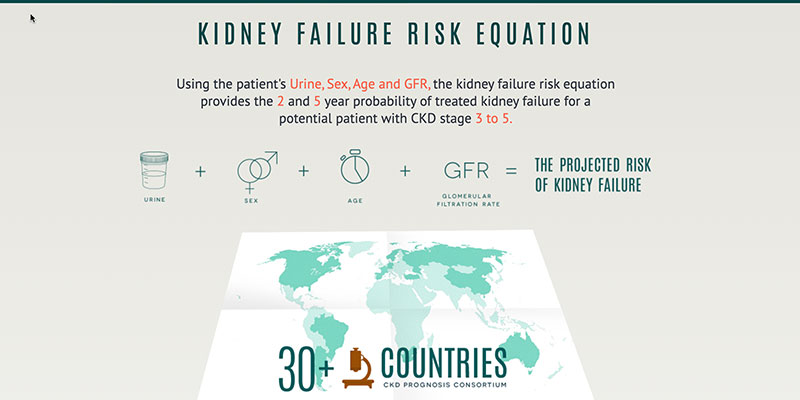
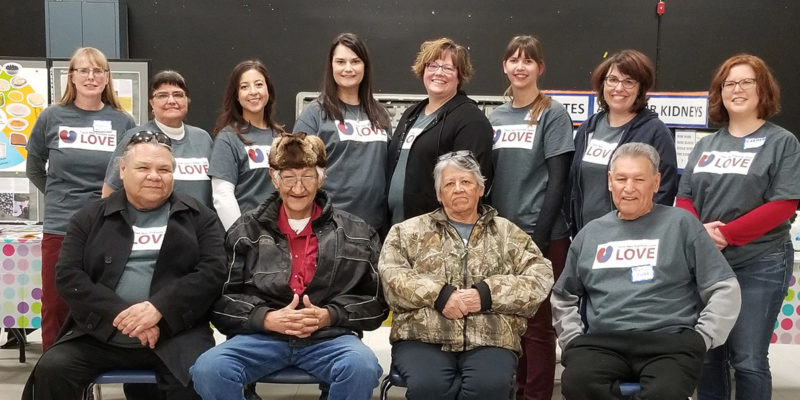
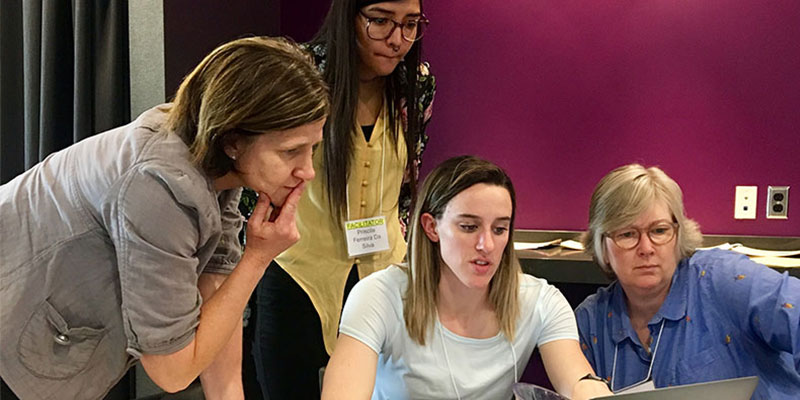
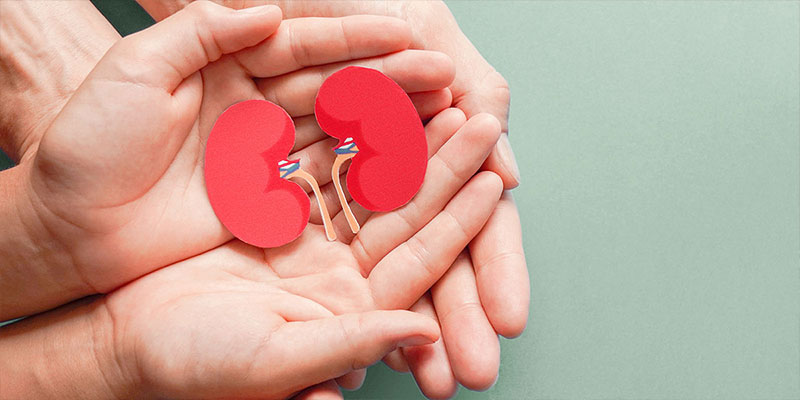
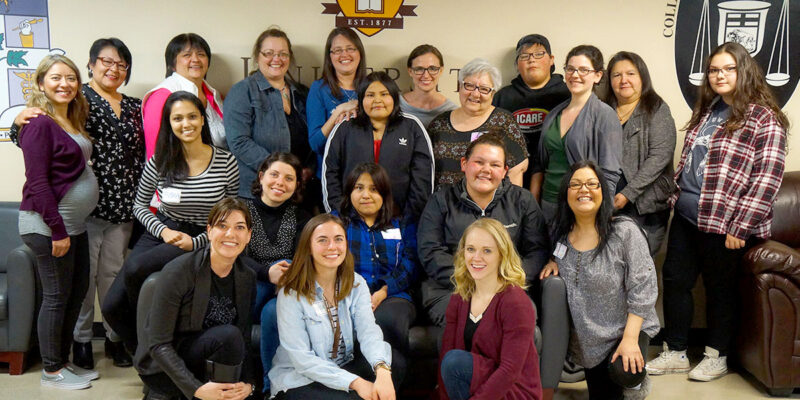
A range of physical, psychological and social factors have the potential to influence the trajectory of a person’s disease during this important stage of life, including the progression of secondary complications such as kidney disease. Two studies through Can-SOLVE CKD are striving to tease apart these factors and identify possible ways to limit the development of diabetes-associated kidney disease.
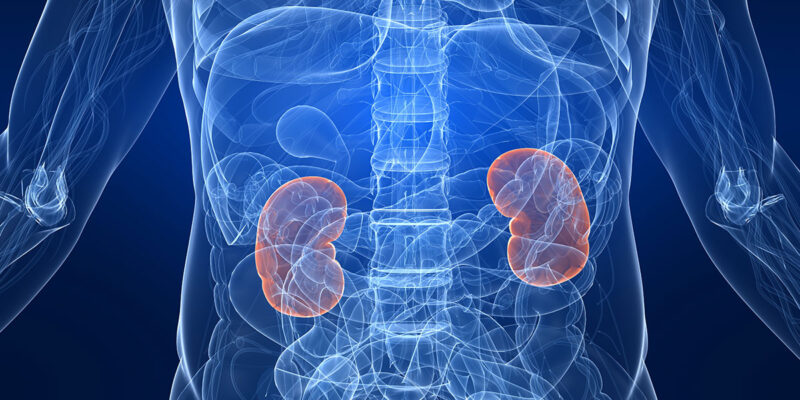
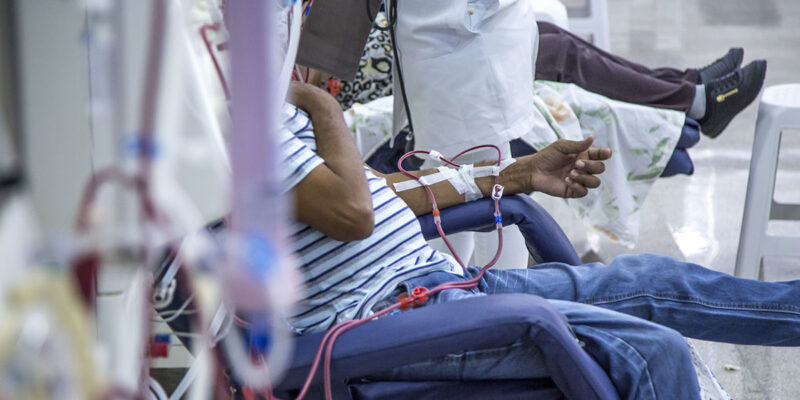
Symptoms of kidney disease can negatively impact patients’ quality of life, and so it is unsurprising that many kidney patients have identified symptom management as a research priority. Several Can-SOLVE CKD research projects are exploring new ways of treating the symptoms of kidney disease, including one project focused on restless leg syndrome (RLS).
New Publications in 2019/20
Educating the Community
Educating the Community
Patient-oriented research is a culture change that asks all involved to push beyond what is familiar and embrace new ways of working.
To help network members advance their skills and knowledge in patient-oriented research, the Can-SOLVE CKD Training & Mentorship Committee is creating a suite of training programs focused on the network’s core activities.
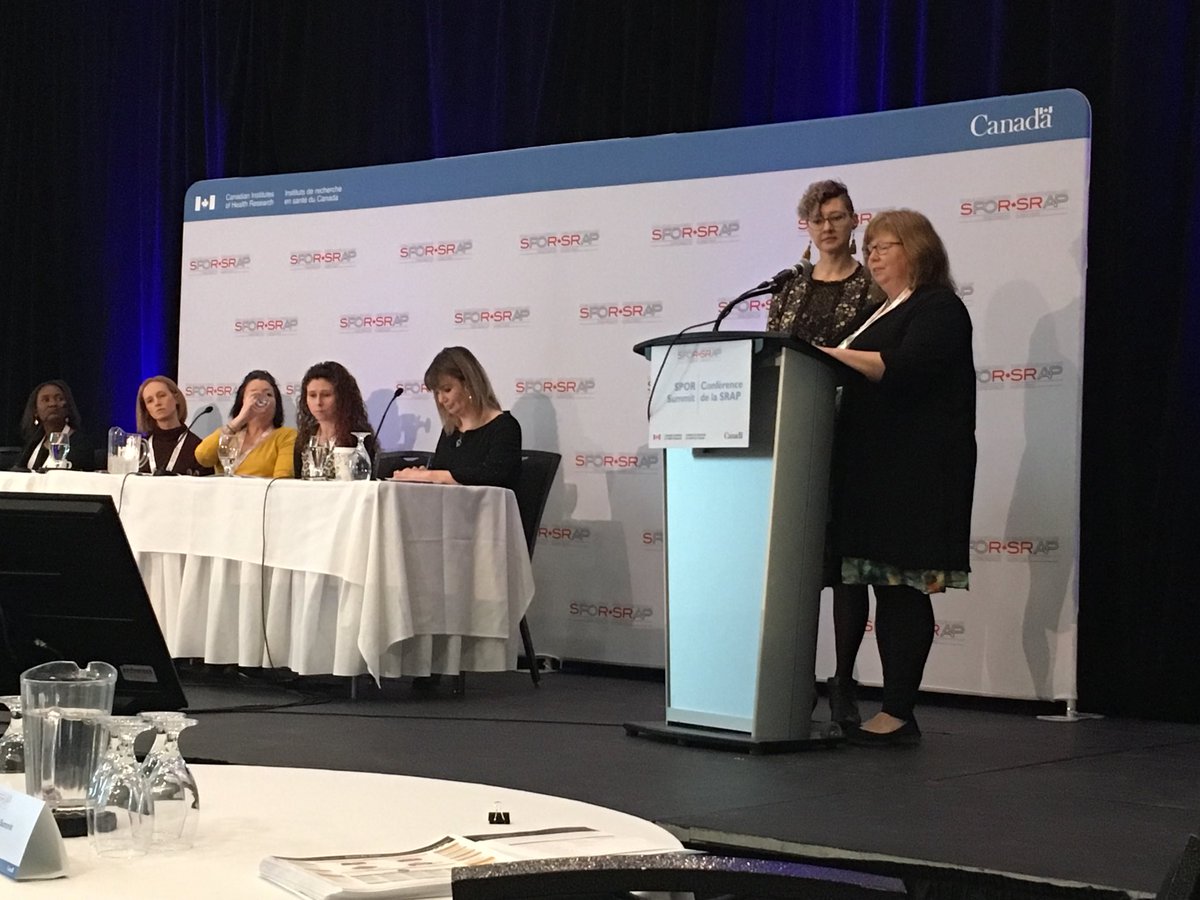
What we’ve done
Foundational training
Can-SOLVE CKD has delivered the Foundations in Patient-Oriented Research curriculum patient-oriented research training to a wide range of stakeholders. This program aims to build partnerships between researchers and patients that are based on inclusiveness and mutual respect. Can-SOLVE CKD has previously offered all three modules to network members at training sessions across Canada. To date, more than 90 network members have been trained.
A new curriculum for the kidney community
The Can-SOLVE CKD Research Training and Mentorship Committee administered a survey to network members in summer 2017 to determine the greatest training needs. The survey revealed five gaps remaining for network members after the initial Foundations training. The TMC then set about collaboratively developing five programs corresponding to each gap, which are referred to as “learning branches.”
Can-SOLVE CKD Learning Branches
Patient Engagement Toolkit
Patient Engagement Toolkit
As patients and researchers began to work together more and more, there was a need for practical tools to support these collaborations. Therefore, the TMC created the Patient Engagement Toolkit, which helps research teams communicate, identify common goals, and define roles for patients. The toolkit includes tips for collaboration in patient engagement, a glossary of terms, and practical tools to support the internal functioning of teams, such as a skills and contributions chart.Telling Stories with Impact
Telling Stories with Impact
All patients and their family members have important stories that capture the emotions and real-life experiences of what is like to live with kidney disease and receive care. Sharing these stories with research teams and others is a helpful strategy for fostering better appreciation and understanding of what it is like to live with kidney disease. Through an eight-week course, this program helps patient partners learn how to craft and share their health care stories in an impactful way. Participants taking this module learn how to organize their story by writing about two moments in care that they wish to share, along with a call to action for improving kidney care.KidneyPro: Promoting Kidney Research in Canada
KidneyPro: Promoting Kidney Research in Canada
This module was created to help patients better understand the research process and landscape in Canada, with the goal of helping them participate more meaningfully throughout all stages of research. KidneyPro, along with providing a general overview of kidney research in Canada, helps participants familiarize themselves with the roles that patient partners can play in research. KidneyPro is also available in French.Wabishki Bizhiko Skaanj Learning Pathway
Wabishki Bizhiko Skaanj Learning Pathway
A unique and important branch of the modules is the Indigenous cultural safety learning pathway, named Wabishki Bizhiko Skaanj (pronounced wah-bish-kih biish-ih-goo skaa-nch) which means “White Horse” in Anishinaabemowin. This branch aims to enhance researchers’ knowledge and awareness of racial biases, Indigenous voices and stories, the impact of colonization on Indigenous health, and promote cultural safety. “We have been researched to death. But it is our responsibility to research ourselves back to life,” says Helen Robinson-Settee, an Indigenous TMC member who helped develop Wabishki Bizhiko Skaanj.Knowledge Translation Community of Practice
Knowledge Translation Community of Practice
This branch is dedicated to enhancing the understanding and importance of knowledge translation (KT). KT involves creating and applying knowledge in ways that maximize the effectiveness of health services and products. A group of researchers and patient partners convene on a regular basis, as part of the KT community of practice, to help translate the valuable knowledge created by the network into real-world settings. This is accomplished through the group’s meetings, presentations and other forms of communication.What’s new
The Can-SOLVE CKD Training & Mentorship Committee made significant progress this year in its work to develop new training resources to advance patient-oriented kidney research.
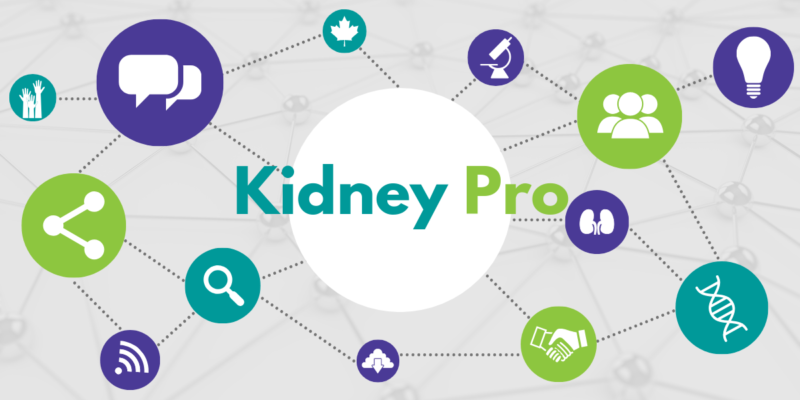
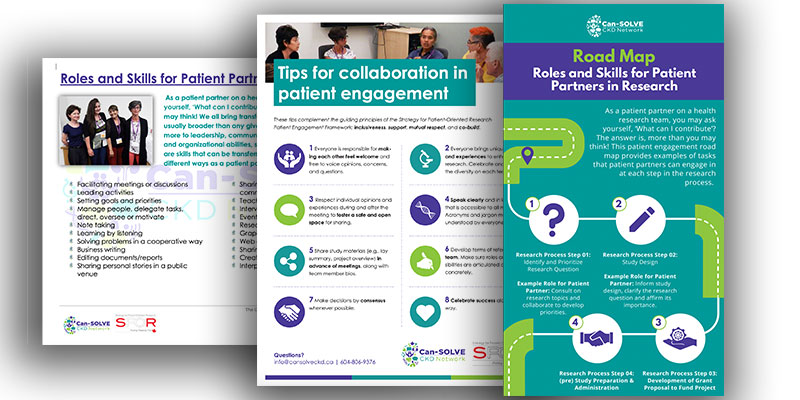

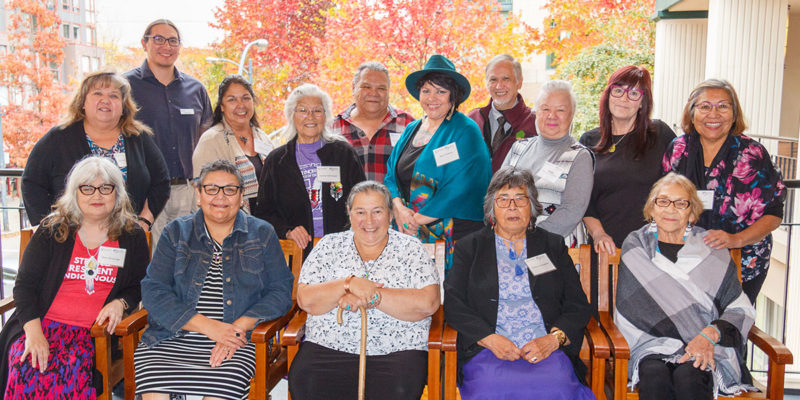

Research through an Indigenous Lens
Research through an Indigenous Lens
In partnership with our Indigenous Peoples’ Engagement and Research Council (IPERC), we strive to ensure Indigenous knowledge and perspectives are reflected across our research projects and governance.
We are fostering respectful partnerships built on an understanding of the histories and cultures of Indigenous peoples. Over the past year, we have undertaken many activities that have supported researchers and patient partners to become more aware of racial biases, Indigenous voices and stories, the impact of colonization on Indigenous health, and culturally safe health research practices.
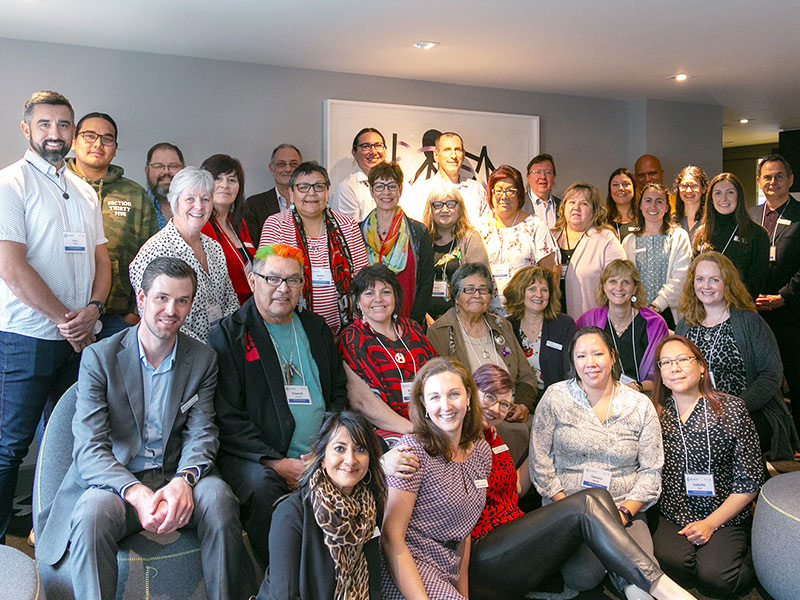
“It’s really about understanding who we are as Indigenous peoples and helping people to understand those histories, those contemporary lifestyles, our languages, so that they can make informed decisions.” – Helen Robinson-Settee, Co-Chair, Indigenous Peoples’ Engagement and Research Council
What we’ve done
Indigenous ways of knowing
Through the wisdom and guidance of Indigenous patient partners, Knowledge Keepers, community leaders, academics, and health care providers, we are learning to incorporate Indigenous ways of knowing into health research. With this knowledge, our four Indigenous-focused projects have developed culturally appropriate research protocols that promote better kidney health for Indigenous communities and individuals.
- iCARE: Improving renal complications in adolescents with Type 2 diabetes through research
- Kidney Check: Identifying kidney disease and diabetes in Indigenous communities
- Triple I: Priorities for improving information, interaction, and individualization among patients on hemodialysis
- Improving Indigenous Patient Knowledge about Treatment Options for Failing Kidneys
Indigenous governance
The Indigenous Peoples’ Engagement and Research Council (IPERC) was established early in the inception of Can-SOLVE CKD, and continues to play a valuable role in providing governance and oversight within the network. IPERC exists to ensure Indigenous voices are heard and to guide research priorities that affect Indigenous communities and individuals with kidney disease.
To support this mission, each IPERC member plays an active role in overseeing one or more of the network’s research projects, as well as the development of training materials and other initiatives.
Indigenous methodologies
Storytelling is a valuable method used to share patient experiences within the network, and numerous Indigenous patient partners have shared their experiences through the Telling Stories for Impact module. Their stories highlight calls to action and aim to increase awareness of patient-oriented priorities.
Another methodology involves teachings from Knowledge Keepers, as part of the Wabishki Bizhiko Skaanj Learning Pathway. This initiative involved a gathering of Knowledge Keepers from diverse First Nations to share knowledge and develop a narrative. Tobacco and other offerings were gifted to the Knowledge Keepers for their participation and sharing of knowledge at the gathering. In addition, the network’s operations team undertook a one-day training session with Elder Lillian Daniels in October 2019 to learn about the medicine wheel and other Indigenous practices related to health.
Ceremony
Can-SOLVE CKD has adopted Territory Acknowledgements to open all virtual and in-person meetings. This is done to recognize the numerous and distinct First Nations across Canada and acknowledge their traditional stewardship over the land.
Lastly, a variety of ceremonies have been included in the network’s activities, guided by IPERC members. Examples include: the IPERC meeting Sharing Circle, a Sweat Lodge ceremony at the 2019 Can-SOLVE CKD Annual Meeting in Montreal, and the annual honouring of the Wabishki Bizhiko Skaanj Learning Pathway name at the Sundance Ceremony in Manitoba.
These Indigenous ceremonies enhance knowledge translation and Indigenous health and wellness. Importantly, these ceremonies are also training opportunities for network members to engage in Indigenous ways of doing, knowing and being.
What’s new


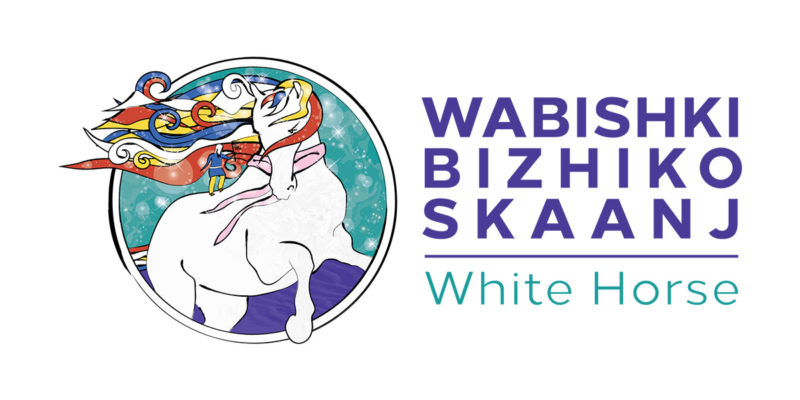
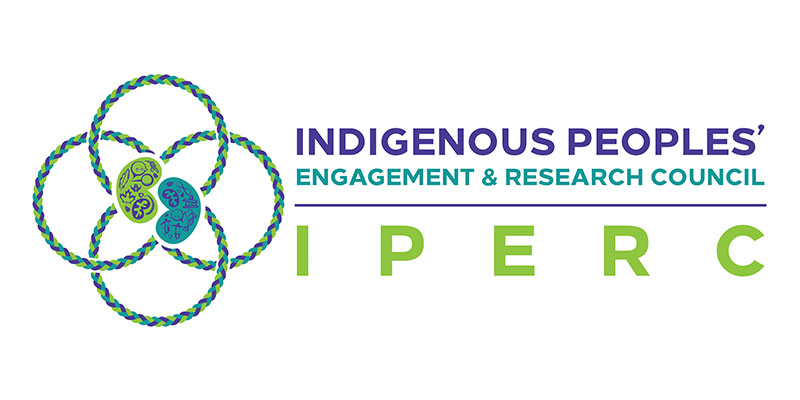
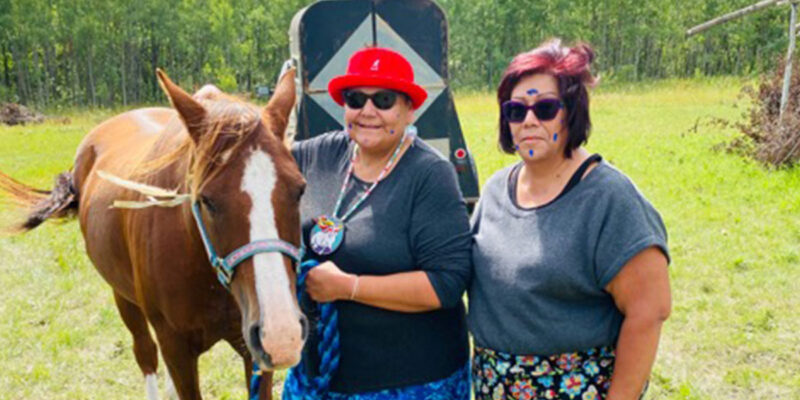
Looking to the Future
Entering the network’s fifth year of operations, sustainability planning will be a major point of focus.
Can-SOLVE CKD hosted half-day virtual workshops in June 2020 and October 2020 to kick off the sustainability planning process. Additional workshops are planned for 2021, along with the creation of a writing committee to develop potential workplans and grant submissions related to the network’s next phase. Sustainability planning will also include a focus on updating project budgets to align with the network’s newly extended end-of-grant date of March 2023.
Network members will continue to learn how to work successfully in a virtual environment as we adapt to the COVID-19 pandemic, and we will continue to support research projects as they work to maintain productivity amid research curtailment policies. The network will continue the rollout and implementation of its novel curriculum activities, including the Wabishki Bizhiko Skaanj Learning Pathway. Finally, we will look to increase publication activity across all 18 projects, including the development of project-specific protocol papers.

Financial highlights
Year 4 saw most of the network’s research projects in an active phase of implementation, with significant progress made in aligning actual expenditures with planned spending.
Over the reporting period, the network’s total spend was 102% of planned spending ($6,486,966 against a 2019/20 budget of $6,331,503, not including carry-over from previous years). This represents a marked increase on the previous fiscal year (2018/19) during which actual spending was 73% of planned spending ($5,201,077 against a budget of $7,147,976).
The network has succeeded in increasing the proportion of budgeted funds spent during the current reporting period; however, a significant underspend remains as a result of delays in executing institutional agreements and other start-up activities. Indeed, our total carry-over from Years 1 to 4 is $13,762,740 (cash and in-kind). We anticipate further catch-up in spending as network activities progress over the remaining period of the grant, which was recently extended to March 31, 2023.
Note: Year 1 is FY 2016/17, Year 2 is FY 2017/18, Year 3 is FY 2018/19, and Year 4 is 2019/20.
Budgeted Spending for Year 4
Budget for Year 4 (excluding carry-over): $6,331,503
$6,486,966
Actual expenditures
Year 4 Actual Expenditures vs. Planned Spending
% of Total Actual Spending over Total Planned Spending
% of Actual Cash Spending over Planned Cash Spending
% of Actual In-Kind Support over In-Kind Commitment
Year 4 Total Spending vs. Accumulated Budget* by Research Project
*Sum of Years 1-3 unspent funds and Year 4 budget
Theme 1: Earlier diagnosis
Theme 2: Better treatments
Theme 3: Innovative care
Year 4 Actual Network-Wide Spending (Cash and In-Kind) by Category
Research
.
Research staff, trainees, contractors, and patient partners’ honoraria
Supplies, Materials & Services
Combined costs of equipment and information technology, supplies, educational materials and services
Stakeholder Engagements
All costs associated with the Can-SOLVE CKD Annual Meeting, workshops, conferences, and governance
Management & Administration
Compensation costs of administrative team supporting the projects and day-to-day activities of the network
Total Research Budget for 18 Projects and 5 Core Infrastructures
Can-SOLVE CKD Partner Funding by Category
Hover over graph for more info
Thank you!
Together we will transform kidney health for all Canadians
Connect
Contact
Heather Harris
Executive Director
778-235-2528
hharris@cansolveckd.ca

Connect with us